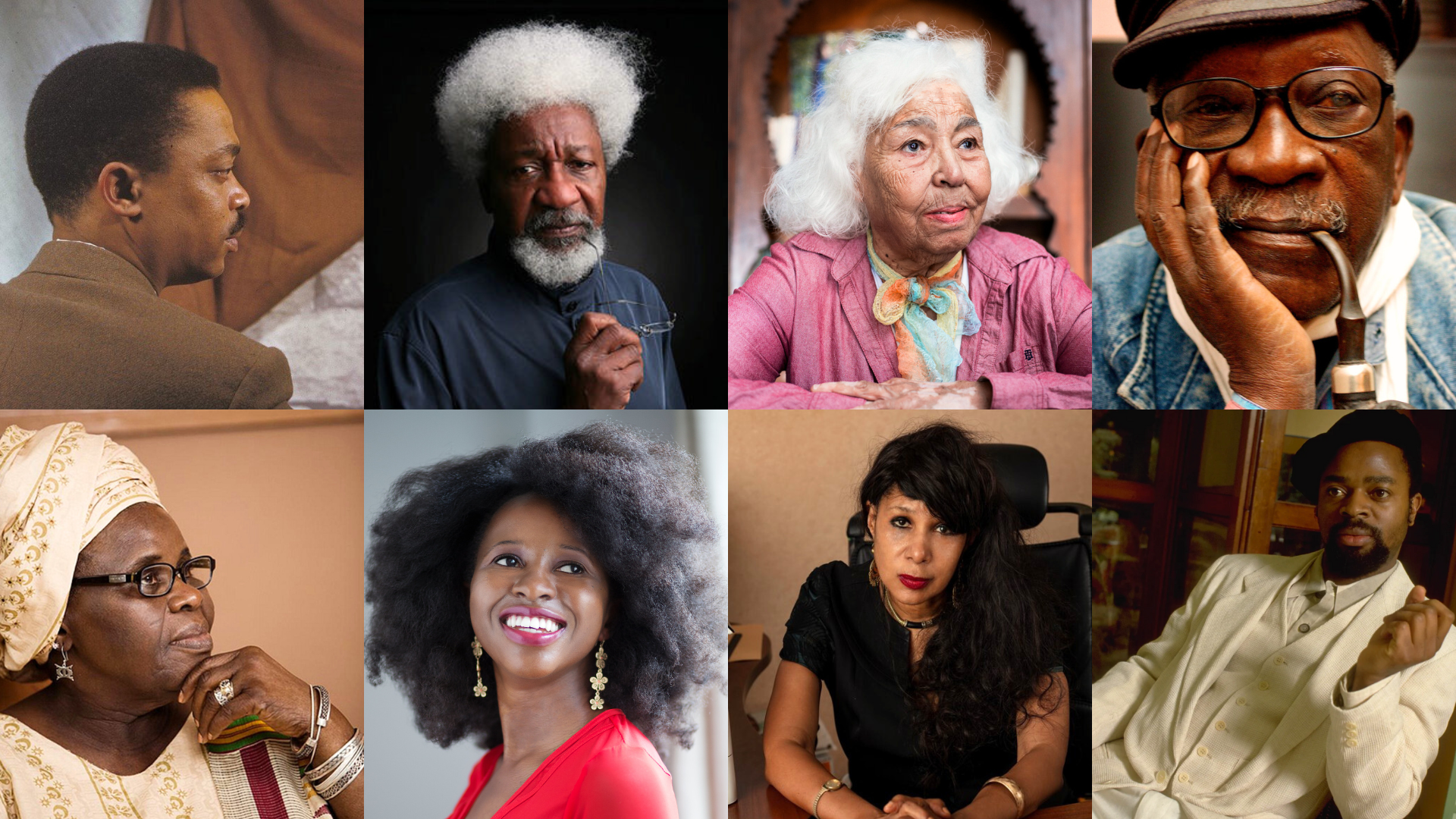Literature Majors Seminar
Term 1
M, 2:00 – 4:00 p.m.
“You see, but you do not observe”– Sherlock Holmes to Dr. Watson
If perception is integral to detection, as Sherlock Holmes points out, what happens when our perceptions (of people, things, situations) are unreliable or indeed deceptive? This course considers the themes of performance and masquerade (by detectives and criminals alike) in British texts from the second half of the nineteenth century, the formative era of the genre of detective fiction. Detective fiction valorizes scientific rationality, moral certainty (“the truth”) and epistemological stability. The detective analyzes clues, the unknown becomes known, and the mystery is solved. But this narrative form must also contend with the unreliable and the unknowable: realism, in other words, is balanced with romance. Indeed, one of the predominant features of this genre is the constant tension between concealment and revelation. This tension is particularly palpable in Victorian texts that emphasize theatricality and performance along gender and class coordinates – a prevalent pattern in the sensation fiction of the 1860s, where our readings begin. Far from being a conservative force for reinforcing existing social norms, detective fiction, as we shall see, also raises some tantalizingly subversive possibilities. Writers studied may include Wilkie Collins, Arthur Conan Doyle, Anna Katherine Green, R. L. Stevenson, Catherine Pirkis, Grant Allen, and Guy Boothby.


